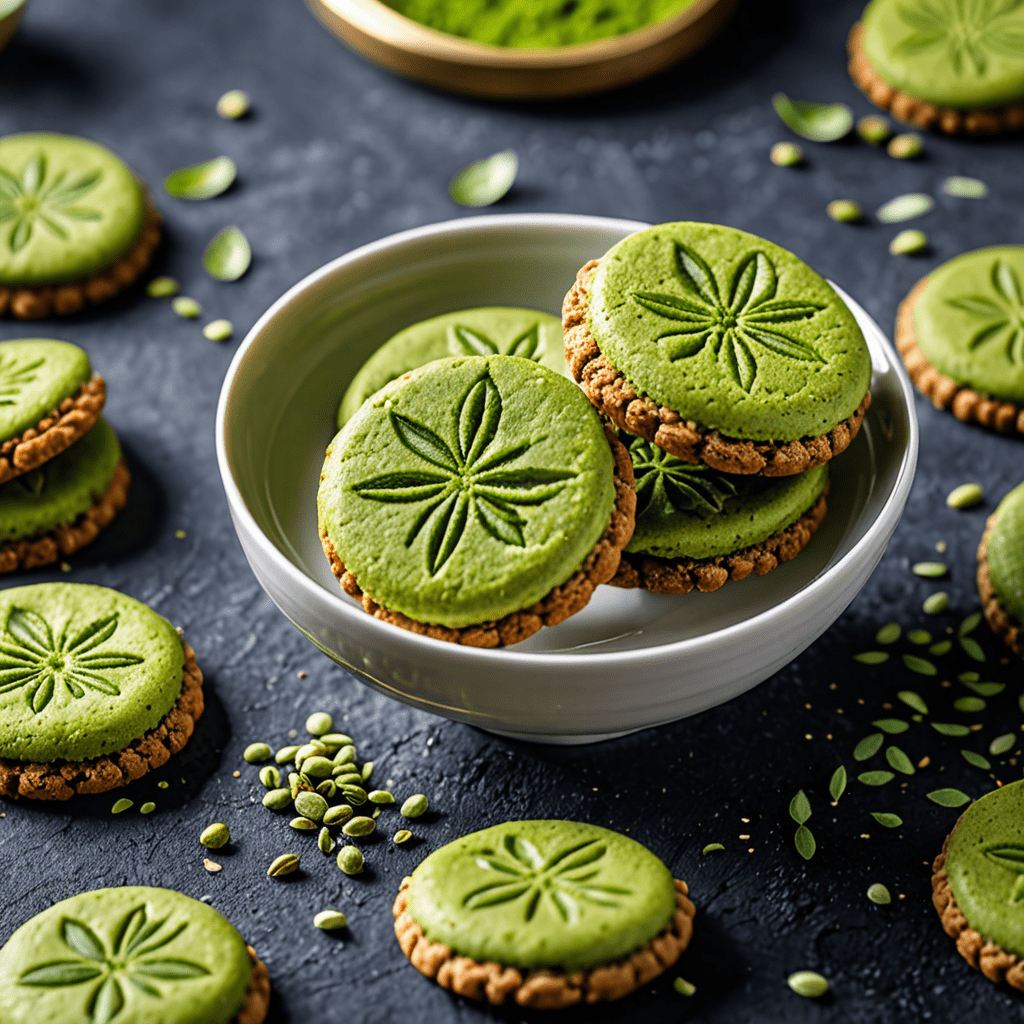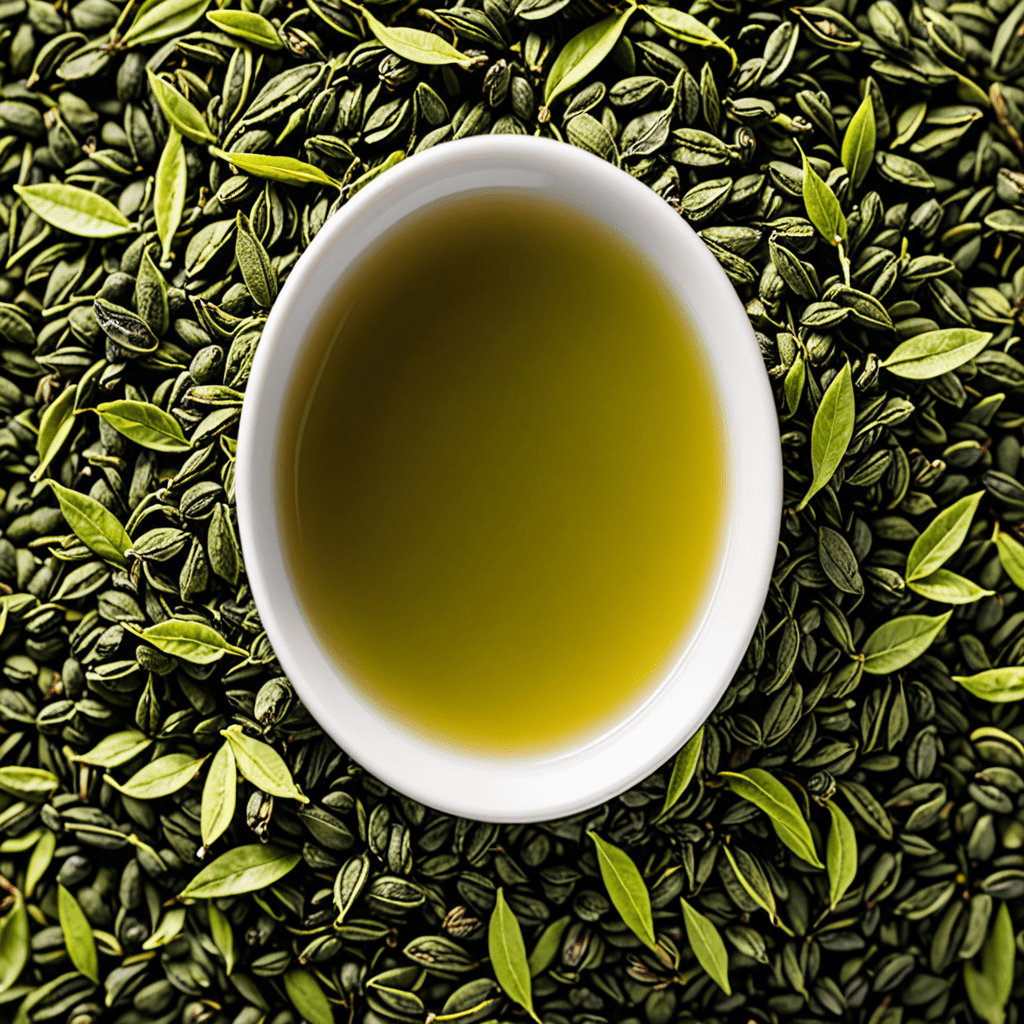1. History of Assam Tea
Assam tea, renowned as the foundation of the classic English breakfast tea, holds a rich and storied history. Its origins can be traced back to the mid-19th century when British tea planters discovered wild tea plants thriving in the lush Brahmaputra Valley of Assam, India. Recognizing the potential of these indigenous tea bushes, they established plantations and began cultivating Assam tea for commercial production.
2. The Assam Tea Region
The Brahmaputra Valley, nestled in the northeastern region of India, serves as the primary growing area for Assam tea. This fertile valley, enriched by the mighty Brahmaputra River, provides ideal conditions for tea cultivation. The subtropical climate, characterized by abundant rainfall and warm temperatures, fosters the growth of robust tea bushes that produce large, full-bodied leaves.
3. Cultivation and Harvesting of Assam Tea
Assam tea is cultivated using traditional methods that have been passed down through generations. Tea bushes are meticulously pruned to maintain their shape and encourage the growth of high-quality leaves. Harvesting takes place twice a year, with the first flush occurring in spring and producing the most delicate and flavorful teas. During harvesting, only the youngest, most tender leaves are handpicked to ensure the optimal quality of Assam tea.
4. Processing and Grades of Assam Tea
After harvesting, Assam tea leaves undergo a meticulous processing process. They are withered, rolled, fermented, and dried to develop their distinctive flavor and aroma. The processing time and temperature are carefully controlled to achieve the desired characteristics. Assam teas are classified into various grades based on the size and quality of the leaves. The highest grade, known as "Golden Tips," consists of the finest young leaves and commands a premium price.
5. Assamese Black Tea
The majority of Assam tea produced is black tea, which undergoes full oxidation during processing. This results in a rich, malty flavor with hints of chocolate and spice. Assam black tea is renowned for its robust body and strong, full-flavored character, making it an ideal choice for breakfast tea blends and as a base for flavored teas.
6. Unique Characteristics of Assam Tea
Assam tea is distinguished by its unique flavor profile, which is characterized by a malty richness, full body, and hints of chocolate and spice. The large, full-bodied leaves of Assam tea contribute to its robust flavor and deep amber color. Additionally, Assam tea is known for its high caffeine content, making it a popular choice for individuals seeking an invigorating brew.
7. Health Benefits of Assam Tea
Beyond its taste and aroma, Assam tea offers a range of health benefits. It is rich in antioxidants, which help protect the body against cellular damage. Assam tea has also been shown to have anti-inflammatory properties, which may aid in reducing inflammation throughout the body. Additionally, its high caffeine content can boost alertness and improve cognitive function.
8. Assam Tea as a Breakfast Tea
Assam tea is widely regarded as the foundation of the classic English breakfast tea. Its robust flavor and high caffeine content make it an ideal choice for starting the day. Assam tea pairs well with milk and sugar, allowing for customization to suit individual preferences. Its strong, full-bodied character can also stand up to the addition of spices, such as cardamom or cinnamon, for a more flavorful brew.
9. Pairing Assam Tea with Food
Assam tea's robust flavor makes it a versatile beverage that pairs well with a variety of foods. Its malty richness complements hearty breakfasts, such as eggs, bacon, and toast. Assam tea can also accompany sweet pastries and desserts, balancing out their sweetness with its strong flavor. Additionally, its smoky notes pair well with grilled meats and spicy dishes.
10. The Cultural Significance of Assam Tea
Assam tea is deeply intertwined with the cultural heritage of the Assam region in India. It plays a vital role in social gatherings and is often served as a symbol of hospitality. Assam tea is also a major economic driver for the region, providing employment and sustaining local communities. Its unique flavor and cultural significance make Assam tea an integral part of the region's identity.
FAQ
What is the difference between Assam tea and other black teas?
Assam tea is known for its robust flavor, full body, and malty richness. It is typically stronger and more full-bodied than other black teas, such as Darjeeling or Ceylon tea.
How do I brew Assam tea?
Assam tea can be brewed using a variety of methods. The most common method is to use a teapot or infuser and steep the tea leaves in hot water for 3-5 minutes. The strength and flavor of the tea can be adjusted by varying the brewing time and the amount of tea leaves used.
What are the health benefits of Assam tea?
Assam tea is rich in antioxidants, which help protect the body against cellular damage. It also has anti-inflammatory properties and can boost alertness and improve cognitive function due to its high caffeine content.


